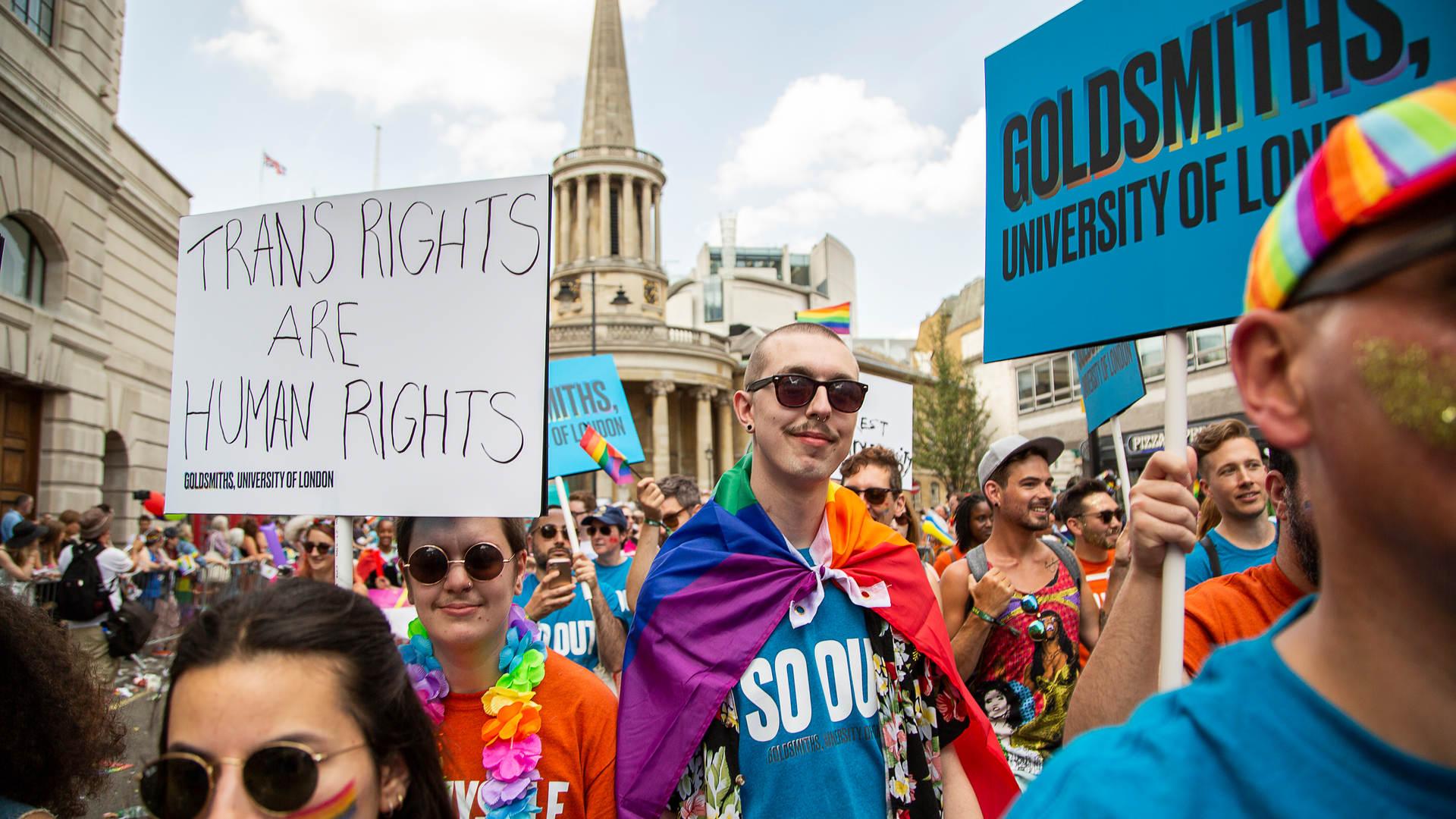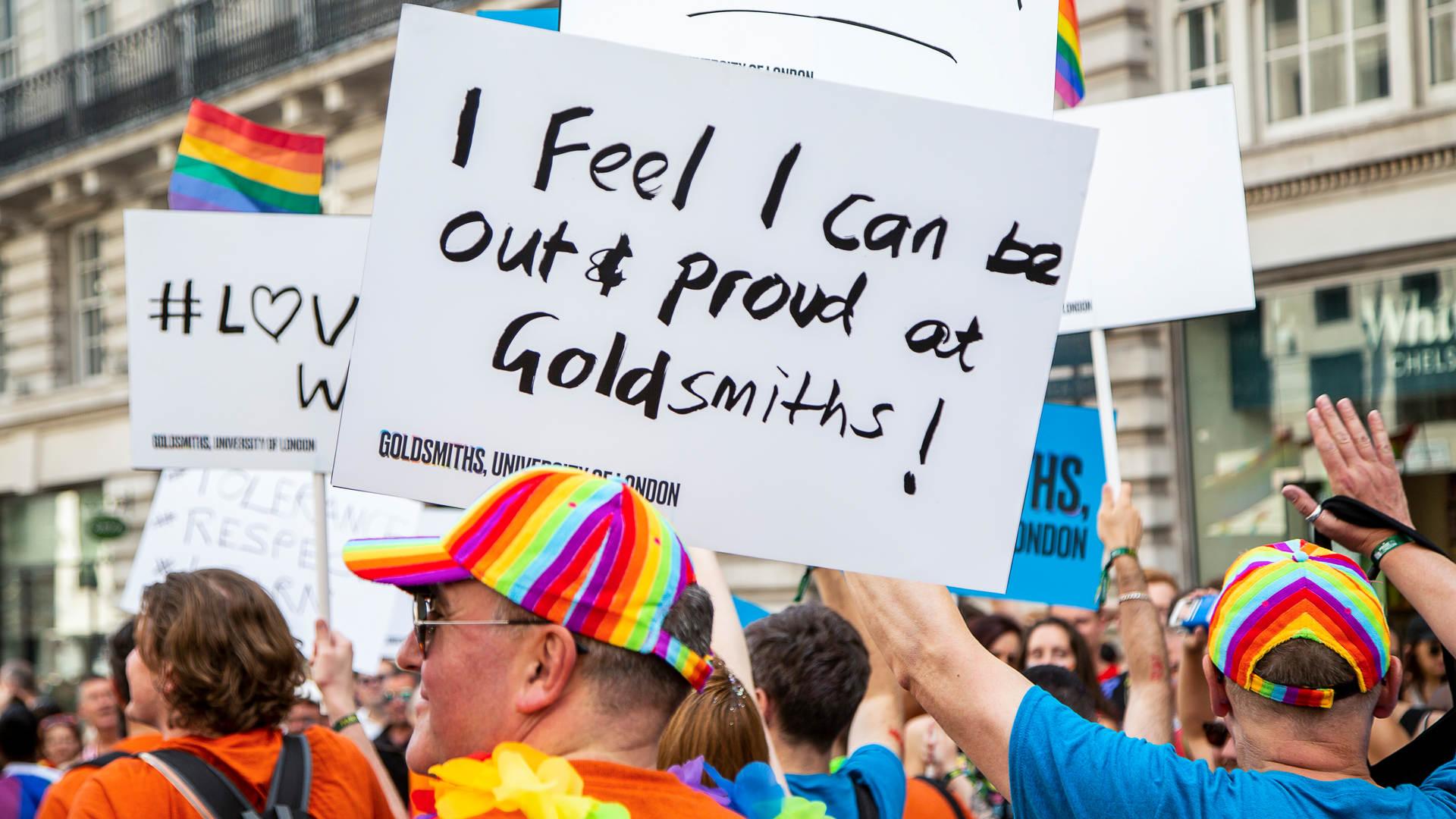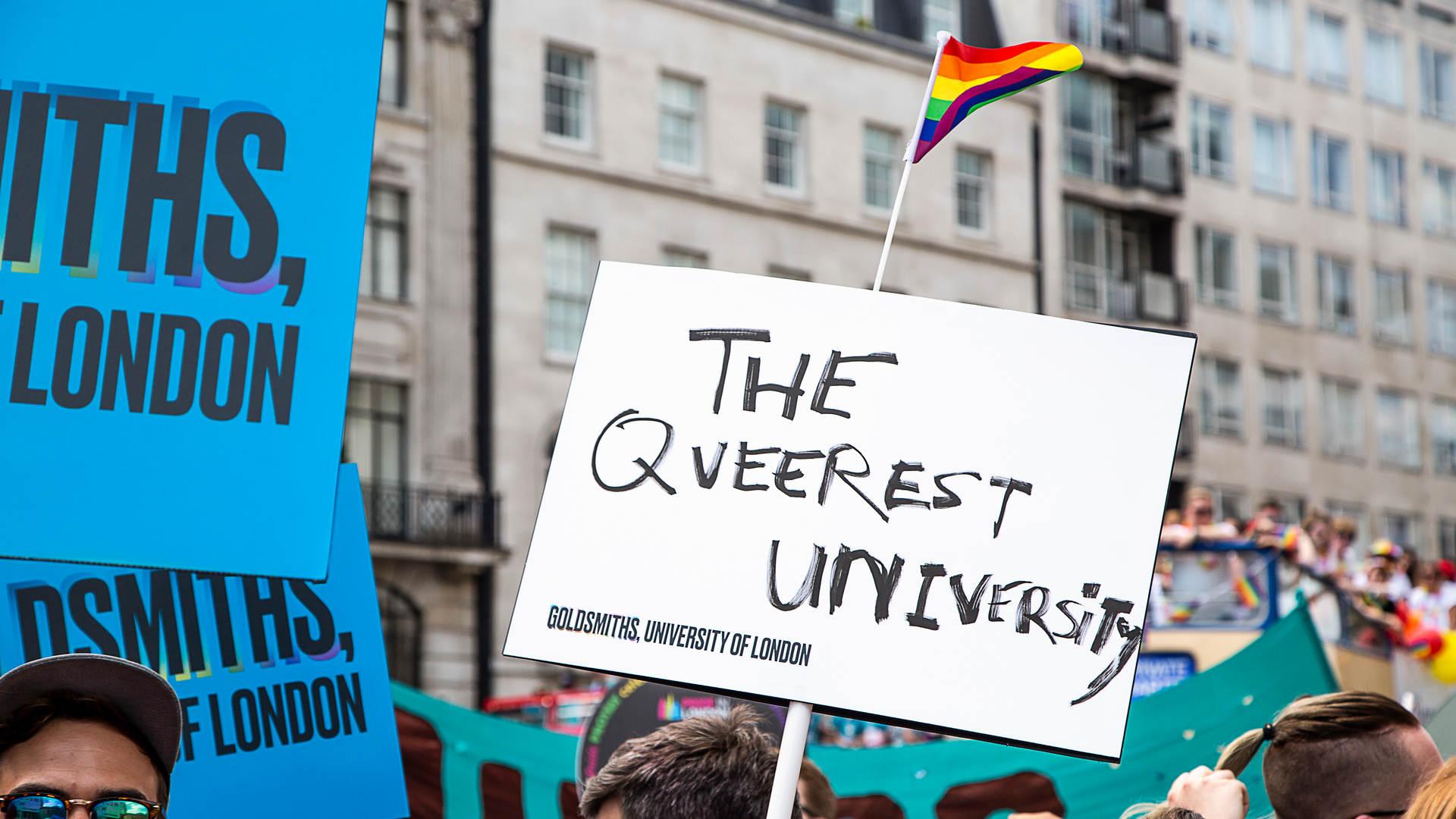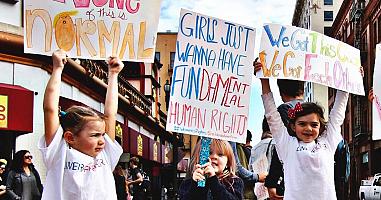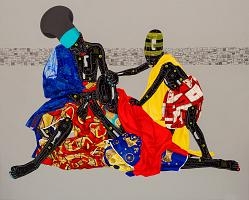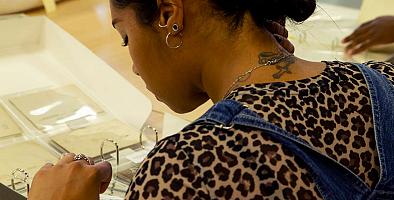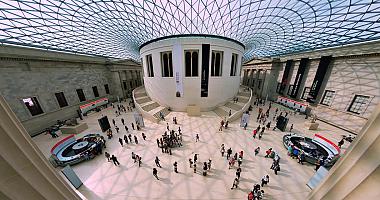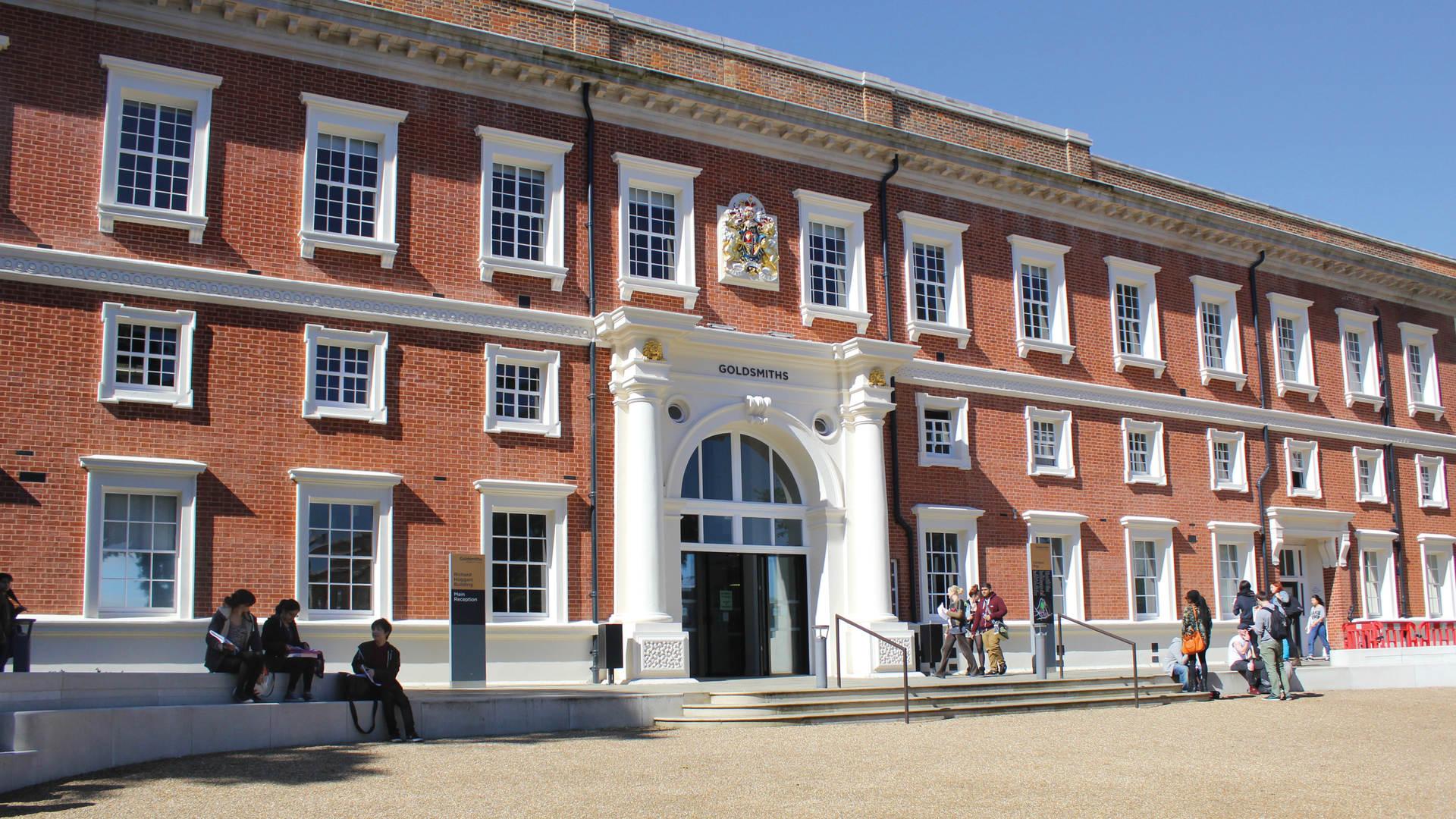Course information
Department
Length
1 year full-time, 2 years part-time
Course overview
The MA Queer History is a pioneering programme in one of the most exciting areas of historical enquiry, giving a voice to those who throughout much of history have been denied one.
Why study MA Queer History at Goldsmiths
- This is the world’s first postgraduate programme in Queer History. It engages with histories of lesbian, gay, bisexual, transgender, queer and other (LGBTQ+) people, identities and communities. It is innovative, creative, free-thinking, stimulating, diverse and challenging – everything that is distinctive about history at Goldsmiths.
- 'Queer' is an inclusive term, encompassing the complex experiences of sexuality and gender diversity across history. In the past, 'queer' has been used as a term of derision, but many today have reclaimed the term to capture the complexity of gender and sexuality.
- Adopting the Department’s thematic and interdisciplinary approach, the course explores the queer past across period, region, and theme from the early modern period to the present.
- You’ll develop your research skills and understanding of key debates and methods used by historians of the queer past.
- You will learn to interrogate past understandings of queer identity and experience. You will question binaries between heterosexual and homosexual, male and female and will learn about the contexts of queerness and issues of intersectionality.
- You will develop your own specific subject interests through a range of option courses, primary research, and a dissertation on a theme of personal interest.
Contact the department
If you have specific questions about the degree, contact Isabell Dahms (Autumn term) or Dr Justin Bengry (Spring term onwards).
